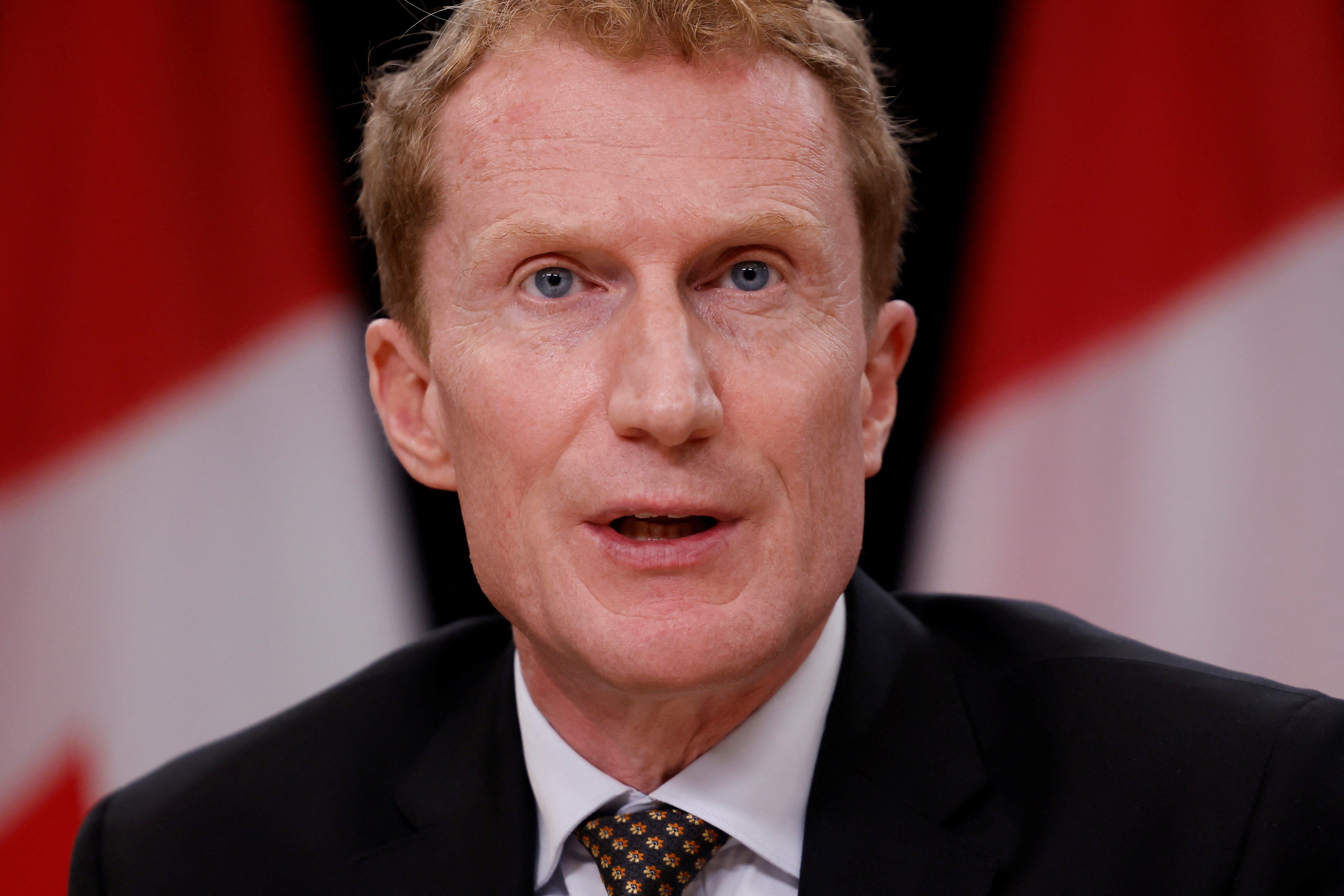Canada's Minister of Immigration, Refugees and Citizenship Marc Miller takes part in a press conference in Ottawa, Ontario, Canada September 18, 2024.
Another polling company, Environics, has been tracking the issue since 1977 and found that in 2023 only 51% of Canadians disagreed with the statement that Canada accepts too many immigrants, down from 69% in 2022, the largest one-year change ever recorded.
The shift in public opinion follows a decision by the federal Liberal government to allow hundreds of thousands of low-wage temporary workers and international students into the country after the pandemic to address perceived labor shortages.
The number of newcomers doubled from 1.35 million in early 2022, or 3.5% of the population, to three million, or 7% by last July. This has added to pressures on housing costs and led to demands for the government to tighten the rules.
The Liberals have promised to reduce the numbers to 5% of the population over the next three years, but critics charge that the government will simply transfer newcomers from the temporary to the permanent resident category at the cost of Canada’s tradition of attracting highly skilled immigrants. A policy proposal that the government has yet to rubber-stamp calls for temporary residents to be granted permanent residency as part of a new stream of low-skilled, less well-educated immigrants.
But it is apparent the real price has already been paid: the bipartisan support that mass immigration has had for decades.
